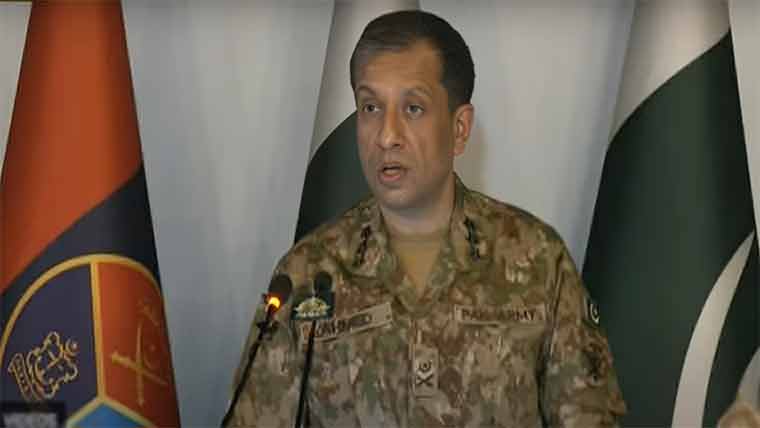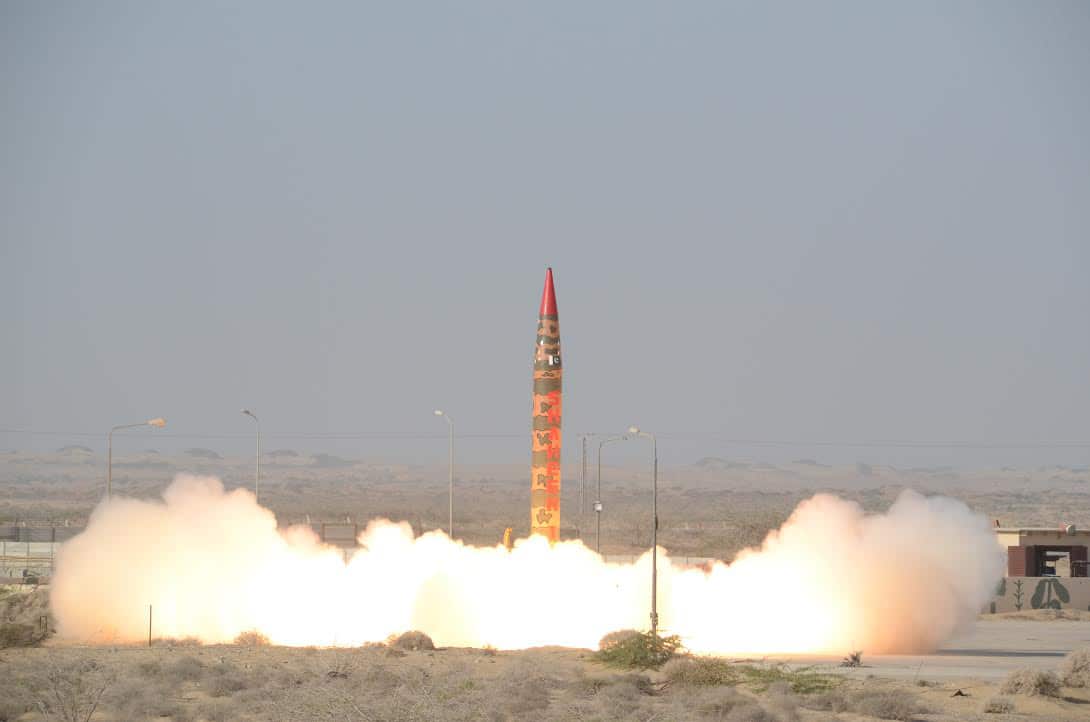PTBP Web Desk
At least 12 people were killed and 20 others injured in a suicide blast on Tuesday outside the district and sessions court building in Islamabad’s G-11 area, according to reports by Aaj News. The injured were immediately shifted to a nearby hospital for urgent medical attention.
The blast site was cordoned off as authorities launched a thorough investigation to determine the nature and cause of the explosion. A policeman told Reuters,
“We are probing what kind of blast it was. It is not clear yet. We will be able to provide more details after we get a report from our forensic team.”
Later, Interior Minister Mohsin Naqvi briefed the media, explaining that the suicide bomber had attempted to enter the court building on foot but detonated the explosive device outside, near a police vehicle, after waiting for 10 to 15 minutes.
“We are investigating this incident from different angles. It is not just another bombing. It happened right in Islamabad,” the minister said.
Authorities have confirmed that this is being treated as a terrorist attack, given the proximity to a judicial facility and the method of attack.
President Asif Ali Zardari confirmed the attack as a suicide blast, expressing condolences to the victims’ families.
Prime Minister Shehbaz Sharif strongly condemned the attack, calling it a heinous act of terrorism and praying for the martyrs. In a statement, he said,
“The terrorist attacks by Indian proxy groups against Pakistan’s unarmed civilians are condemnable.”
The Prime Minister also ordered a full-scale investigation and vowed that the perpetrators would be brought to justice. (PM Office of Pakistan)
Defence Minister Khawaja Asif described the attack as a wake-up call for the nation. Writing on X (formerly Twitter), he stated:
“Anyone who thinks that the Pakistan Army is fighting this war in the Afghan-Pakistan border region and the remote areas of Balochistan, today’s suicide attack at the Islamabad district courts is a wake-up call. In this environment, it would be futile to hold out greater hope for successful negotiations with the rulers of Kabul.”
Following the blast, security forces sealed the area and began collecting forensic evidence. Officials have been examining CCTV footage, conducting witness interviews, and coordinating with intelligence agencies to identify the network behind the attack.
The interior ministry has said that the blast’s location near a police vehicle and court building signals a deliberate attempt to target both law enforcement and the judicial system. The investigation aims to determine whether this attack was part of a larger coordinated effort to destabilise the capital.
The attack has heightened concerns over urban security and the safety of civilians in Pakistan’s capital. Citizens expressed fear and outrage on social media, while authorities assured the public that security measures will be increased around government buildings, courts, and other sensitive areas.
The Islamabad police and intelligence agencies are working closely to prevent any subsequent attacks. Hospitals in the area have been placed on high alert, and emergency protocols activated to ensure timely treatment of the injured.
The suicide blast highlights ongoing terrorism threats in Pakistan, particularly targeting judicial institutions and law enforcement agencies. Analysts believe the attack underscores the challenges posed by militant groups operating within and along Pakistan’s borders, including Tehreek-e-Taliban Pakistan (TTP) and other proxy networks.
The government of Pakistan has reiterated its commitment to counter-terrorism operations, both domestically and in coordination with regional partners, to prevent such incidents in the future.
Political leaders have called for unity and resilience in response to the attack. PM Shehbaz Sharif and Defence Minister Asif stressed that Pakistan must remain vigilant and strengthen its counter-terrorism measures.
The attack also raises questions about ongoing peace negotiations and the stability of the region. Defence officials warned that terrorist acts in Islamabad indicate that militant networks are capable of striking in the heart of the nation, emphasizing the need for coordinated action both domestically and regionally.




